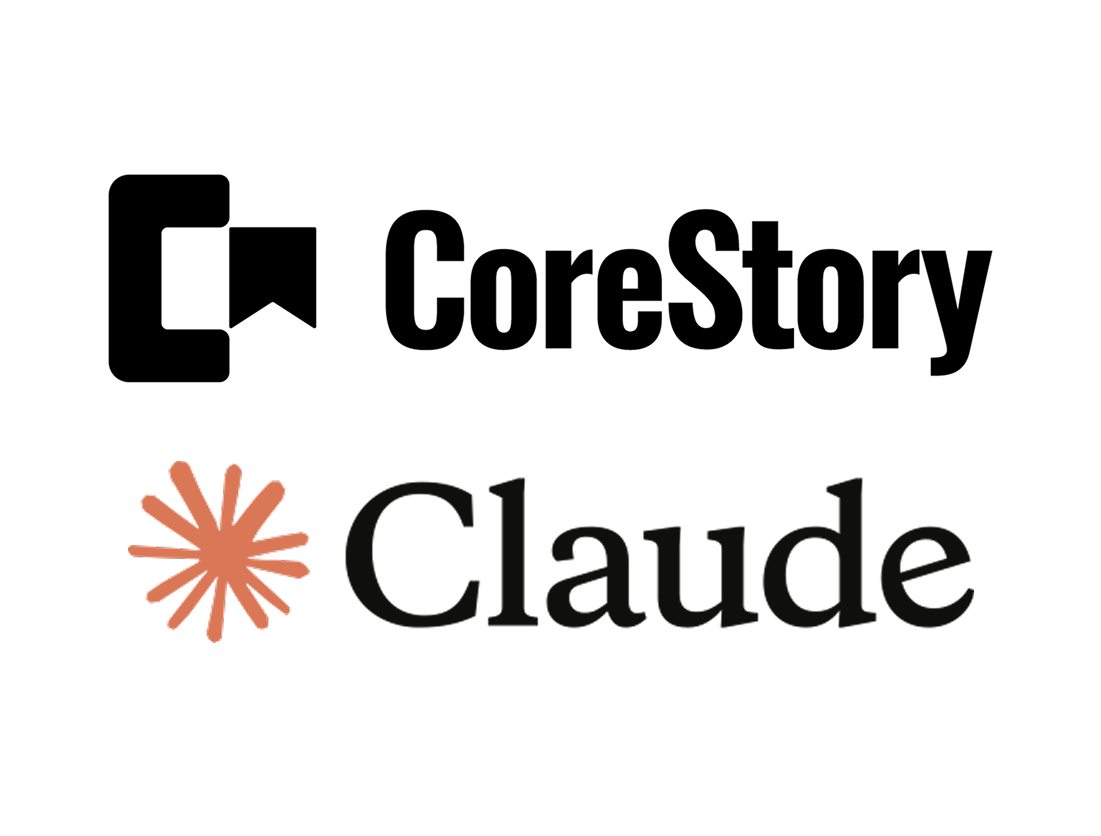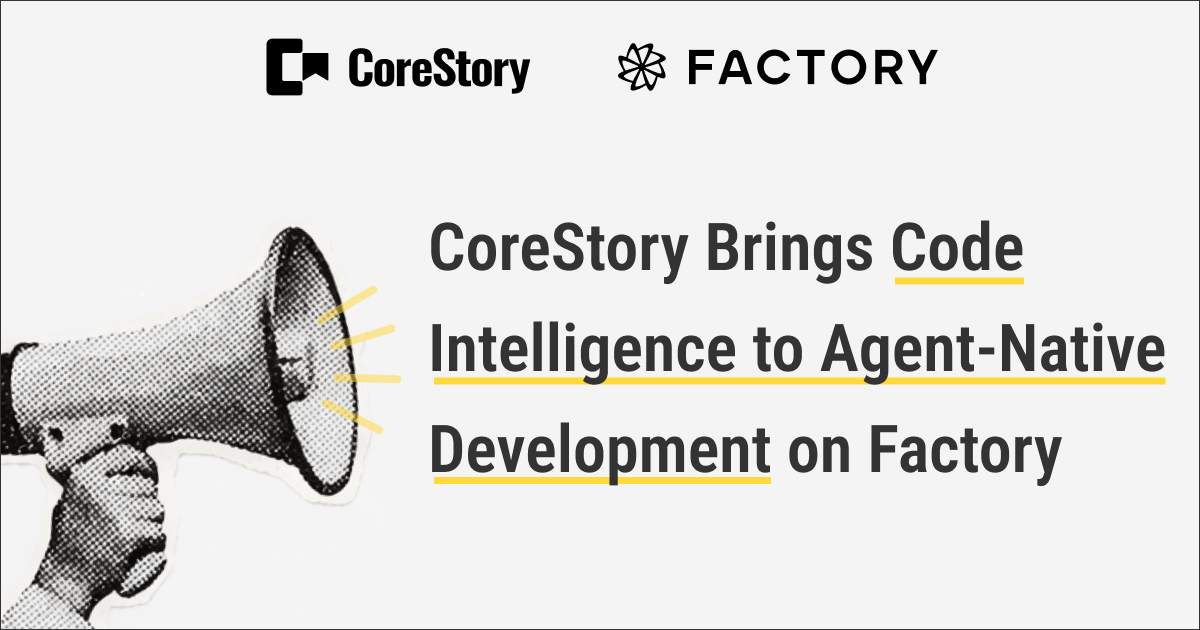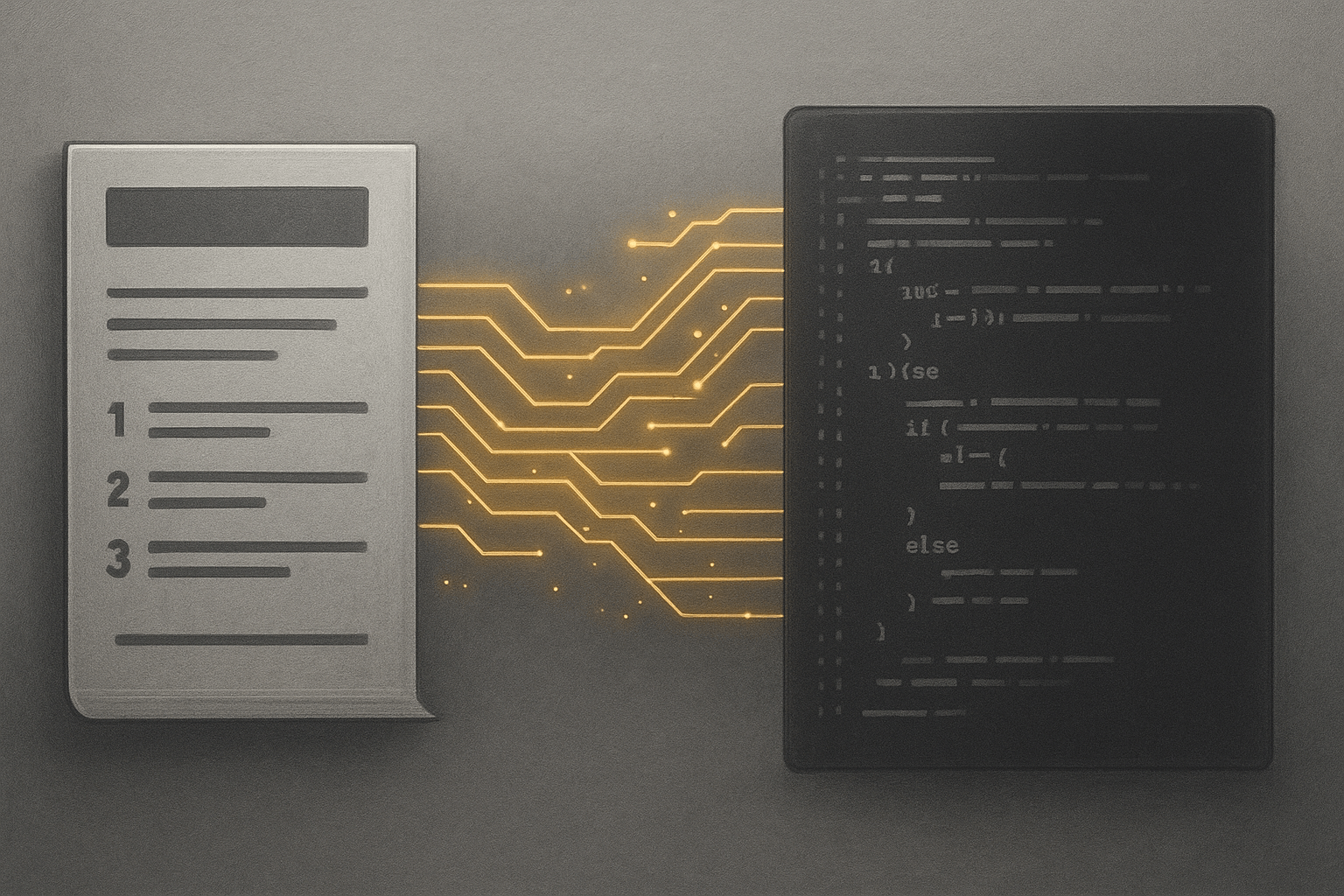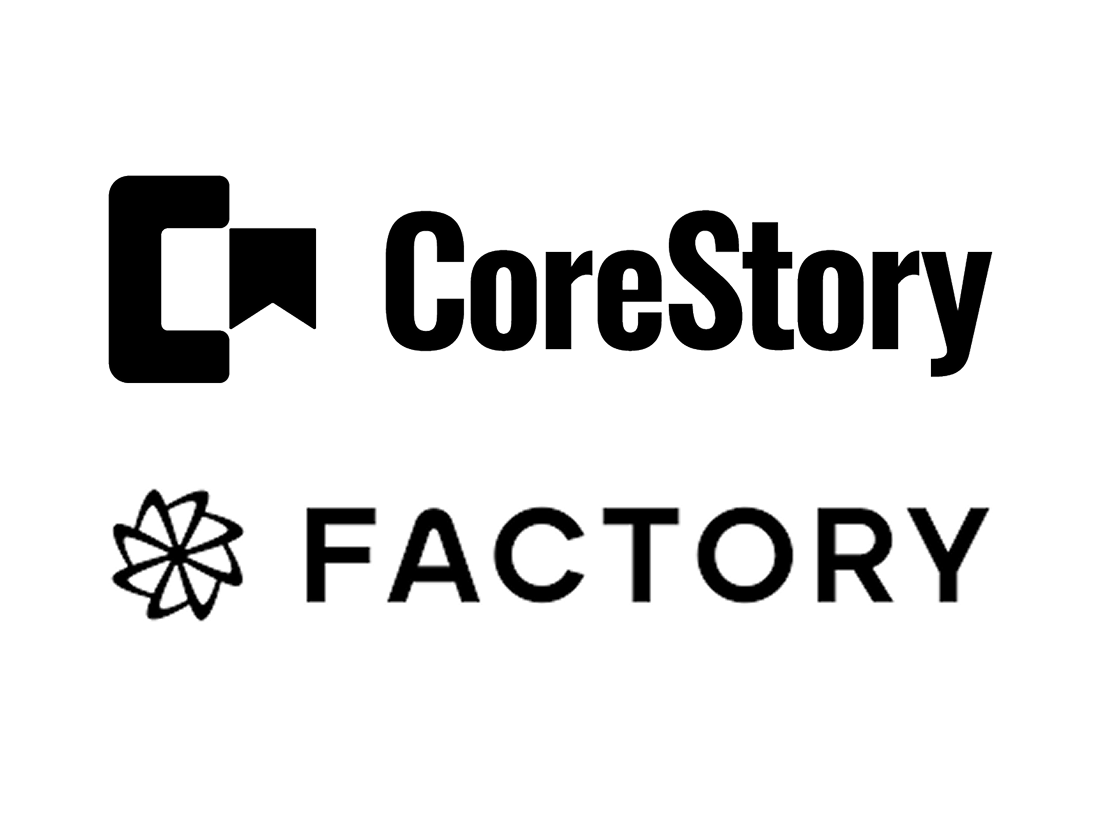Turning feature tickets into test-first, agent-driven delivery
We’re excited to announce the CoreStory + Claude Code Agentic Ticket Resolution Playbook—a companion to our bug-resolution guide, focused entirely on feature and change tickets. Where the bug playbook is about triage and repair, this one is about implementing tickets end-to-end in a test-first flow, with Claude Code doing the heavy lifting from inside your IDE.
The idea: agents shouldn’t just “write some code.” They should plan, test, implement, and capture context like your best engineers.
Why we built this for ticket work
Ticket-based development is where most teams hope agents will shine—but without guardrails, you get drift from patterns, weak tests, and follow-on rework. We created this playbook so Claude Code always begins from CoreStory’s architecture and invariants, identifies the right extension points, and drives changes through a six-phase ticket workflow, from intake to merge-ready code.
That structure gives you autonomy without losing control of system design.
What this playbook helps you do
With this playbook enabled, Claude Code:
- Pulls ticket context and opens a CoreStory conversation for the project
- Uses CoreStory as an oracle for architecture, conventions, and patterns before planning changes
- Locates similar implementations to copy instead of inventing new patterns
- Writes failing acceptance tests first, then implements minimal code to pass
- Expands edge cases and validates performance, security, and integration paths before you ship
The outcome is faster end-to-end ticket delivery and better pattern alignment across services.
What’s inside
You’ll get:
- A six-phase agentic ticket workflow (Intake → Oracle → Navigator → TDD Implementation → Feature Completion → Capture)
- Ready-to-use Claude Skill and Command files for consistent behavior across repos
- Prompting patterns for discovery, design, implementation, and validation
- Advanced guidance for multi-service changes, migrations, flags and rollouts, and security-sensitive work
- Suggested metrics for time-to-implement, autonomy, accuracy, and regression rates
Who this is for
This playbook is ideal for teams leaning into spec-driven development, tech leads who want repeatable TDD, and platform or QA leaders who need traceability from ticket to tests to commits—not just “agent did something” logs.
How to get started
Drop the Skill and Command files into a target repo, connect Claude Code to CoreStory via MCP, and start by routing a small set of feature tickets through the playbook. Use the built-in phases as a review structure so you can gradually increase autonomy as confidence grows.
The CoreStory + Claude Code Agentic Ticket Resolution Playbook is available now in the Playbooks section of our site.

.svg)





.png)
.png)